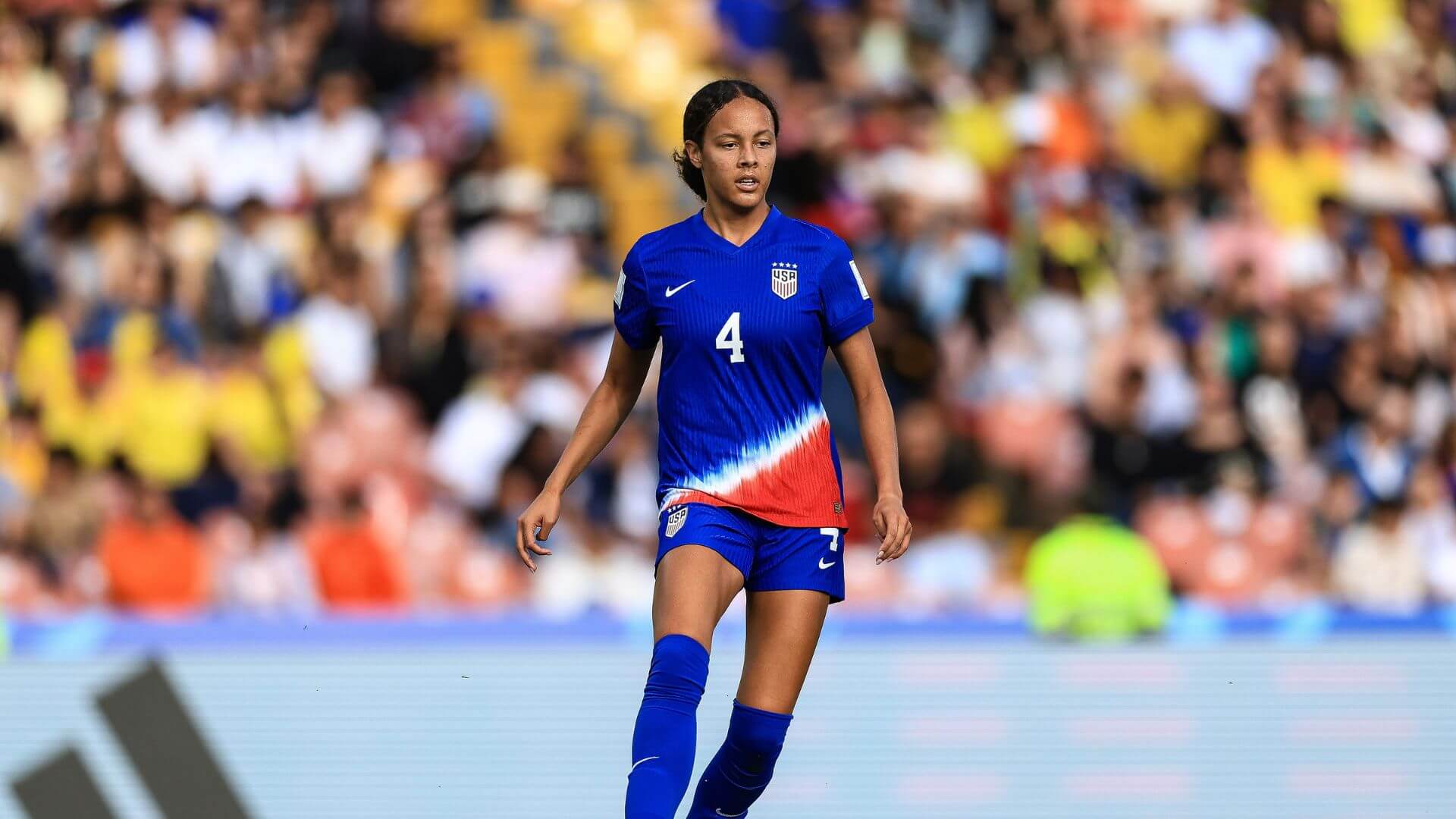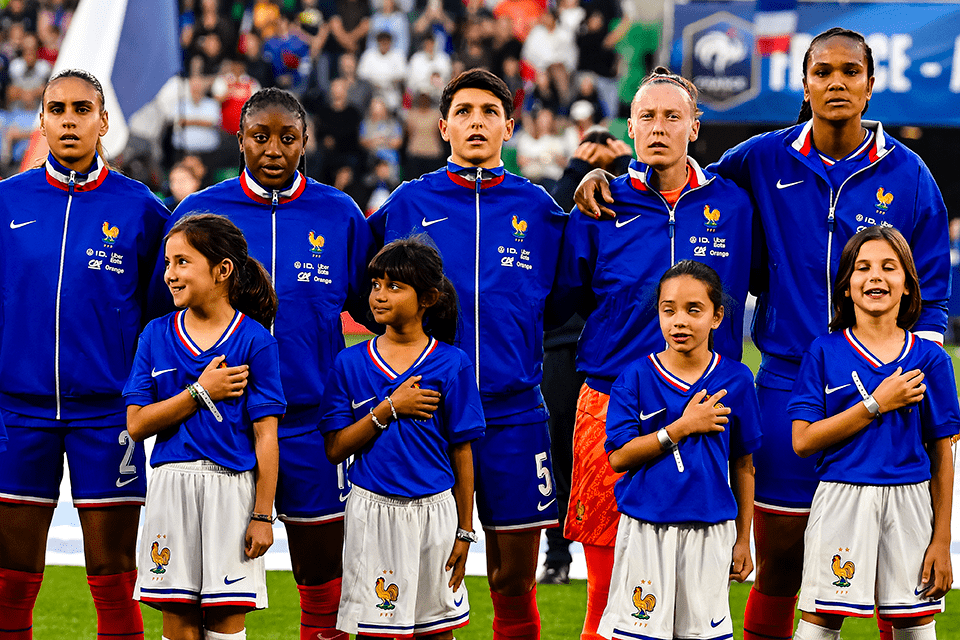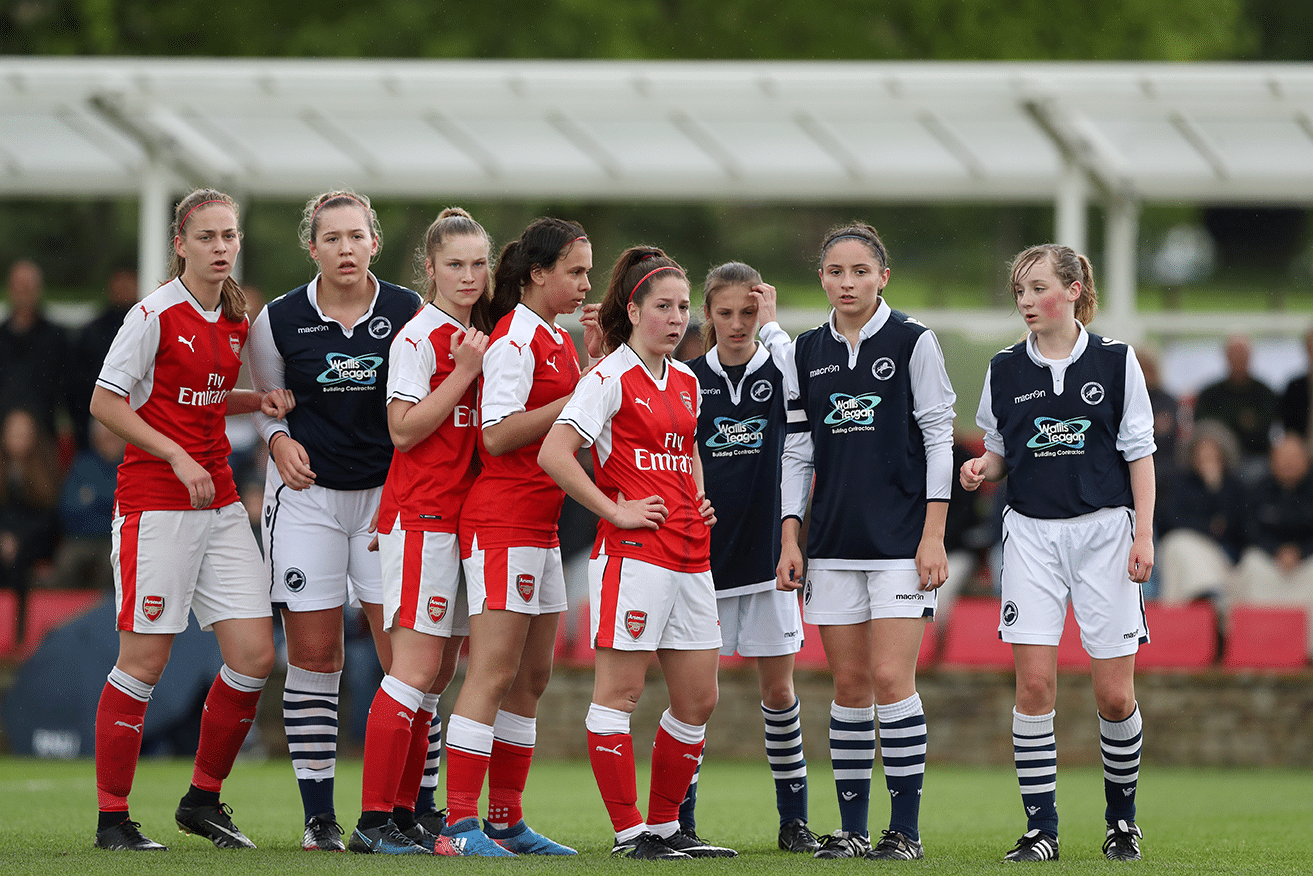How COVID Has Affected Girls Youth Soccer
The COVID-19 pandemic has put a lot of plans on hold. One of the casualties of this has been the development of girls’ youth soccer across the globe. In England, girls had been told by the English FA to stop training because of the coronavirus pandemic.
The FA is also being accused of sexism as they barred top-level development squads for women ages 16-21 as well as Regional Talent Clubs for girls ages 9 to 15 from continuing to train and play while allowing the boy’s squads to continue training. The federation’s reasons for it is that the girl’s teams “do not meet the necessary ‘elite’ protocols required” by the government.
In contrast to this, all “elite” football academies for men 15 and up, as well as some highly-ranked boys’ clubs, can practice and compete as normal. This measure comes in lieu of accusations that the FA is treating women’s football in England as an afterthought.
This highlights one of the many challenges facing the development of youth players, particularly of girls as the pandemic rages across the globe.
Once the pandemic passes (assuming it ever does), then girls soccer across the globe will have to face another challenge: How to continue developing the players in the aftermath of this crisis. In particular, it’s worth examining the way girls soccer is developed in both the US and Europe and how the contrasting styles will continue, or change in the aftermath of the pandemic.
The pandemic is affecting the development of girl’s soccer across the globe
It’s not just in England where players have had to halt play. In California, the state has banned youth soccer matches in an effort to stop the virus from spreading in the state. There are quite a few people who oppose the state’s ban, as they claim that their children need the camaraderie of playing with their teams.
Given the fact that California has more than one million confirmed cases of COVID-19 and has suffered more than 18,000 deaths, the governor’s ban on youth sporting events is understandable.
However, equally as valid are the concerns of the parents who worry about the mental and physical health of their children being prohibited from playing soccer. The ban will also hurt the development of up and coming players as a lack of playing time will prevent them from honing their skills.
Over the years, California has produced some of the world’s most famous players, including Alex Morgan, Megan Rapinoe, and Tierna Davidson.
For now, the state’s future stars will have to put their dreams on hold as they wait for the worst of the pandemic to pass.
The bans on girls playing have not just been limited to England and California, however. It’s also happening in Italy, where the country’s Primavera (youth league) for girls has been also suspended.
Curiously, enough, the youth championships for the boys have not been suspended in Italy, much like it hasn’t in England.
This highlights another barrier to developing the talent of young girls, as they’ll have to overcome a system that sees their needs as secondary and doesn’t give them what they need to continue developing.
Feature photo via Adobe Stock @Raul Mellado









